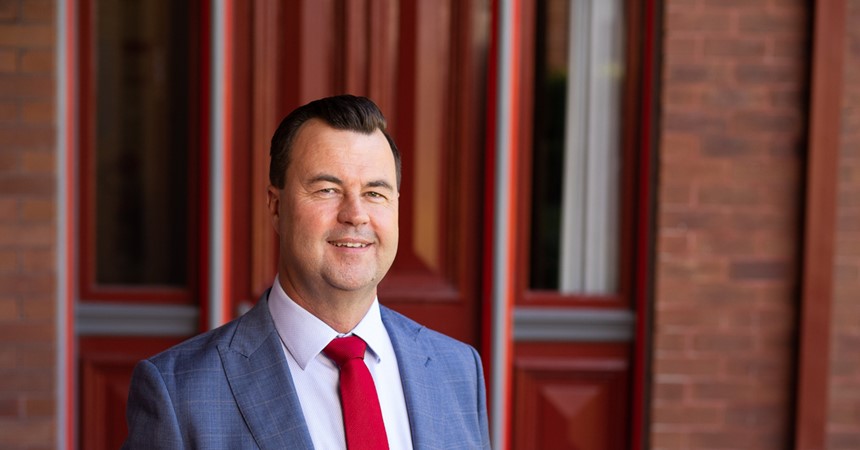This, however, is important, as the governance of the Catholic Church, and more specifically our Diocese, is critical in ensuring we serve the community so that they may experience life to the fullest.
The governance of the Catholic Church is a complex structure which at its core, merges church law, spiritual guidance and administrative functionality.
The Pope, as the head of the Catholic Church, is the leader on all matters relating to faith and morals. Pope Francis is supported by the College of Cardinals, who act as advisors on all matters including administrative, financial and operational.
Bishops oversee individual dioceses and the priests who serve within those dioceses. The Bishops are accountable to the Pope and are entrusted to uphold his teachings and decisions.
Canon law governs the Church’s affairs, addressing matters ranging from sacraments to governance and discipline. Additionally, councils and synods provide forums for discussion and decision-making on important issues facing the church.
The structure of the Catholic Church’s governance reflects a balance between tradition and adaptability, seeking to uphold its core principles while responding to the needs and challenges of the modern world.
The Bishop, in his role as leader of the Diocese, must make decisions which help direct the Diocese. He does not do this in isolation but receives advice from his clergy through the Council of Priests and College of Consultors. He also receives advice from lay people through the Diocesan Finance Council, Diocesan Advisory Board, Pastoral Council, Social Justice Council and Aboriginal and Torres Strait Islander Catholic Ministry Council.
The reason for this is simple; it is imperative we have the right people, with the right skills, providing the right advice that represents our values.
One of our measures of good governance is through our Diocesan Advisory Board (DAB). An independent board of individuals who provide input and advice to the Bishop in the decision making he must undertake.
The board members have visibility and input across many aspects of the broader operations, including forecasts and budgets, risk management, financial reports and strategic direction of the Diocese.
While all decisions ultimately remain with the Bishop and The Trustees, the DAB provides valuable and extensive counsel which offers diverse perspectives and varied lived experiences.
A priority for the Diocese this year is on continuing to strengthen the Diocesan Advisory Board. Reflective of the communities we serve, we strive to build a board that is made up of diverse backgrounds, genders and experience.
We encourage anyone with a background in areas such as education, childcare, social services, community housing, accounting, audit, legal, finance, banking, property, governance or risk to consider expressing their interest in joining the Board.
Some benefits of being a board member include service to the Church and wider community, fellowship, skills enhancement, and leadership, professional and personal development.
The Diocese of Maitland-Newcastle encourages applications from Aboriginal and Torres Strait Islander people, as well as people with a disability or areas in which Diocesan agencies work.
For more information visit Join our Diocesan Advisory Board (catholic.org.au)
Follow mnnews.today on Facebook.



























































































